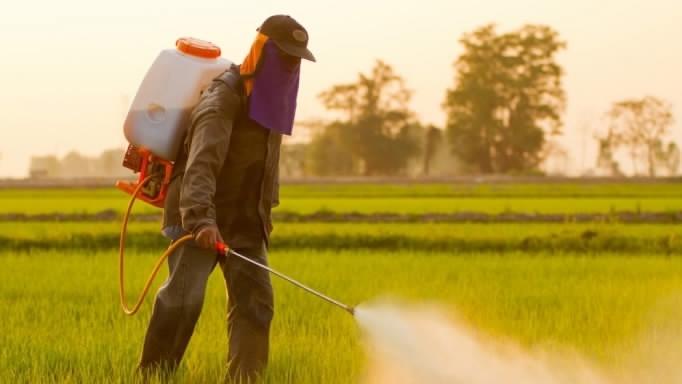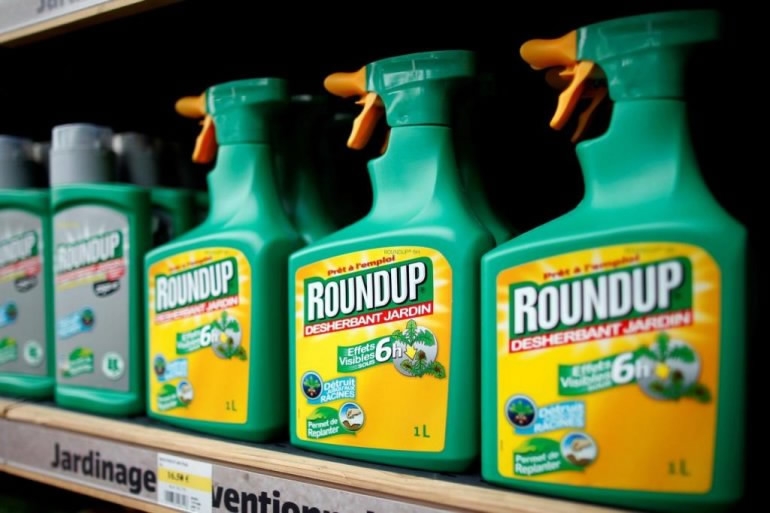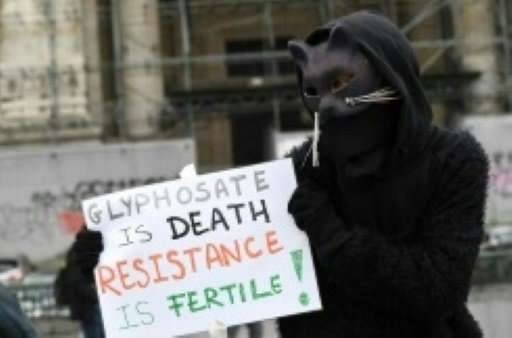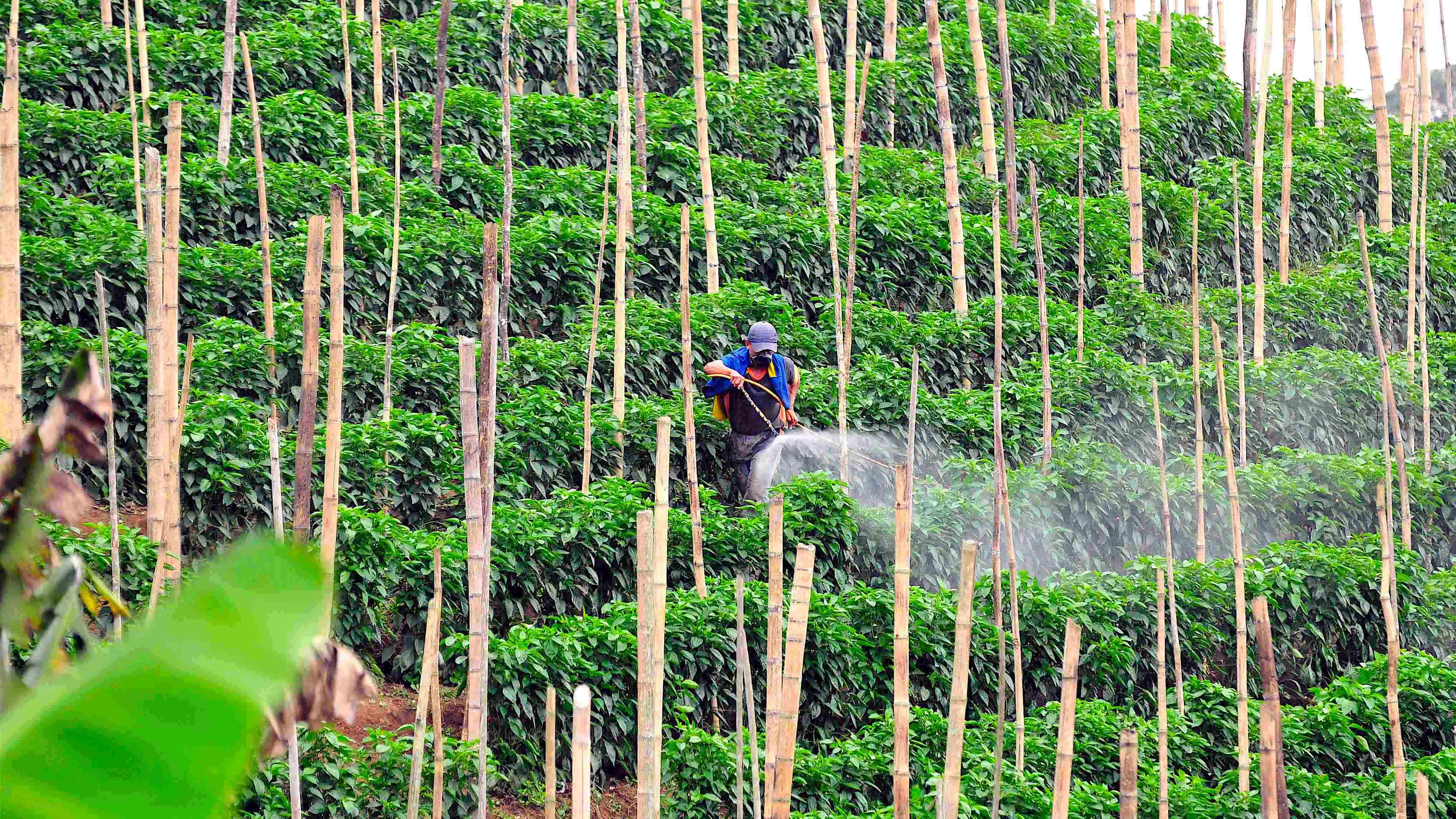
Tech & Sci
20:10, 27-Nov-2017
EU renews license for controversial weedkiller for five years

European Union member states on Monday renewed the license for the controversial weedkiller glyphosate for five more years, in a surprise decision to break a months-long stalemate.
Representatives from 18 of the 28 member states voted in favor of the European Commission's proposal for a five-year renewal. Nine countries were against the renewal and one abstained, the commission said in a statement.
Since its introduction in the United States in 1974 by pesticides and seed maker Monsanto as Roundup, the use of glyphosate has soared across the globe.
It is sprayed on food crops but also used widely outside of agriculture, such as on public lawns and in forestry.

Monsanto's Roundup weedkiller atomizers are displayed for sale at a garden shop at Bonneuil-Sur-Marne near Paris. /Reuters Photo
Monsanto's Roundup weedkiller atomizers are displayed for sale at a garden shop at Bonneuil-Sur-Marne near Paris. /Reuters Photo
Divisions over the weedkiller within the EU have dragged on since June 2016, when its previous 15-year license expired and an 18-month extension was granted.
The European Commission had originally recommended approving the herbicide's use for another decade.
However, faced with an uproar over the alleged dangers of glyphosate use, experts balked last month at a renewal, and the commission then proposed reducing the time frame from 10 to five years. But earlier this month the European Commission failed to gain the majority to extend the license until 2022.

Protester holding a sign against the use of glyphosate. /Reuters Photo
Protester holding a sign against the use of glyphosate. /Reuters Photo
'Probably carcinogenic'
Environmental campaigner Greenpeace and other critics have been calling for an outright ban of glyphosate in Europe for years.
"They (the commission) complain there is too much responsibility on their shoulders and that European governments are hiding behind them," said Franziska Achterberg, from Greenpeace Europe.
The European Parliament, the EU's only elected body, last month said glyphosate should be renewed only until 2022 and banned thereafter.

Farmer using glyphosate. /Photo via International Center for Tropical Agriculture
Farmer using glyphosate. /Photo via International Center for Tropical Agriculture
Activists point to a 2015 study by the World Health Organization's International Agency for Research on Cancer that concluded it was "probably carcinogenic".
But the European Food Safety Authority and the European Chemicals Agency both say glyphosate is unlikely to cause cancer in humans, in line with a 2016 review carried out by WHO experts and the UN Food and Agriculture Organization.
Source(s): AFP

SITEMAP
Copyright © 2018 CGTN. Beijing ICP prepared NO.16065310-3
Copyright © 2018 CGTN. Beijing ICP prepared NO.16065310-3